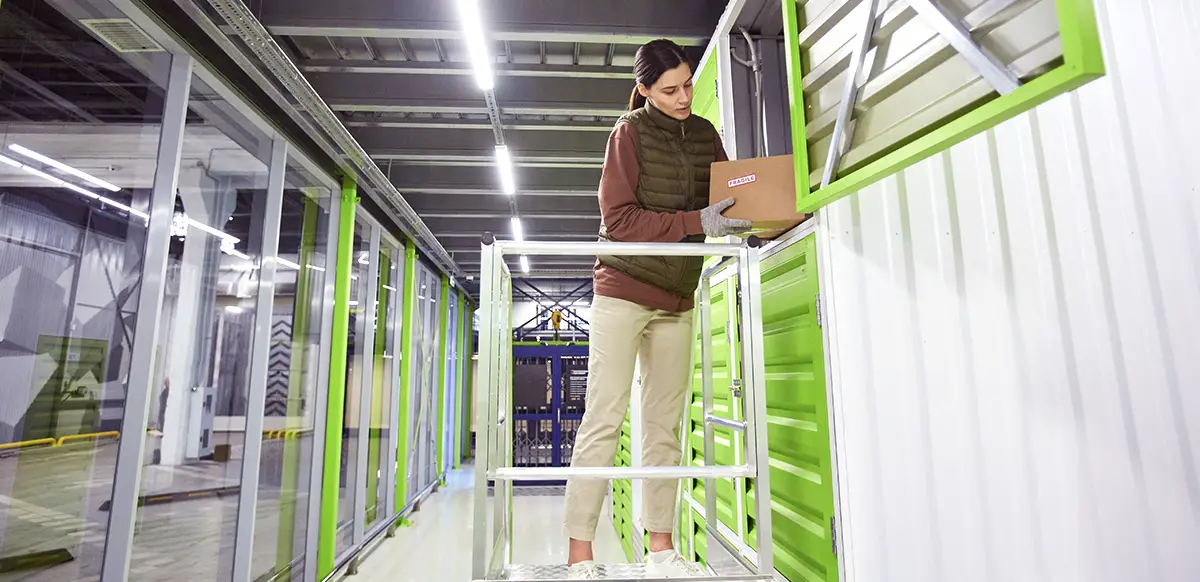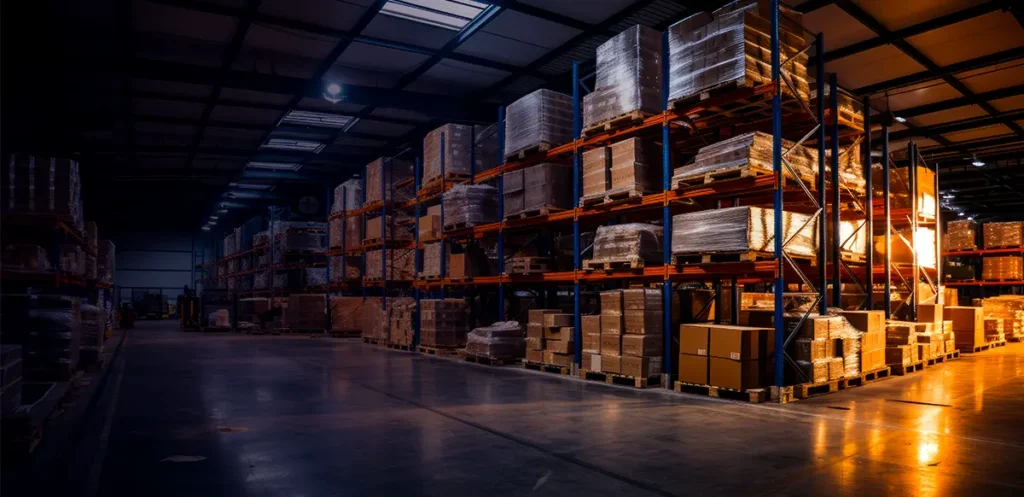A Transformative Shift in Storage, Policies, and Incentives for the Warehousing Industry

The industrial and logistics sector is the backbone of the Indian economy, enabling and influencing other industries in the country. The logistics sector will play a crucial role as the government aims to take the economy beyond $30 trillion by 2047. With the government expected to increase its capex for the upcoming fiscal, resources will be directed towards developing the transportation infrastructure. However, this alone won’t be enough to support the nation’s growth ambitions. A transformative shift in the warehousing industry’s strategies, policies and incentives is necessary to drive more efficiency in logistical operations. This will position India as a preferred destination for business and establish the country as a manufacturing hub.

Simplifying GST for Warehouse Development

Easing Land Acquisition for Warehouses under the PPP Model
Land acquisition has been a persistent challenge in the development of industrial parks and warehouses in India. A Public-Private Partnership (PPP) model favouring PE-backed development of Grade A industrial and warehousing infrastructure in major cities could be a game-changer. This model could help overcome the land procurement challenges faced by institutional players.
The development of such infrastructure will not just strengthen India’s logistical capabilities but also have greater spillover effects by facilitating more industrial investments and job creation, supporting the economy’s overall growth.

Granting Industry Status to Warehousing
The government is being urged to grant the warehousing sector the status of an industry and enable a host of associated benefits. This move would bring stamp duty exemptions, electricity duty exemptions, and other benefits that apply to industrial investments.
Moreover, the industry status would also help city warehouses address the restrictions on the height of warehouses that can be constructed and the Floor Area Ratio (FAR). Taller warehouses and a higher FAR would lead to the development of modern and multi-storey warehouses, enabling more efficient land use.
Streamlined approval processes at the state and central levels for warehouse and industrial park development would also benefit significantly. A single-window system could ease project timelines, relieving the strains from a growing cost of capital.
Granting industry status to the warehousing sector would undoubtedly be a game-changer, and we hope the government will consider this.
Incentivizing ESG-Centric Practices in Warehousing and Logistics
With the growing focus on sustainability and responsible practices, the logistics sector expects the government to incentivize Environment, Social, and Governance (ESG)- centric practices in warehousing and logistics. This could include tax benefits or incentives for businesses that upgrade their warehouse facilities and implement environmentally friendly procedures.
We appreciate the government’s recognition of India’s need to improve the ease of doing business through enhanced infrastructure. However, we at the Warehousing Association of India also believe it will take continued policy-driven support for Indian warehousing to reach its desired heights.
Other blogs


